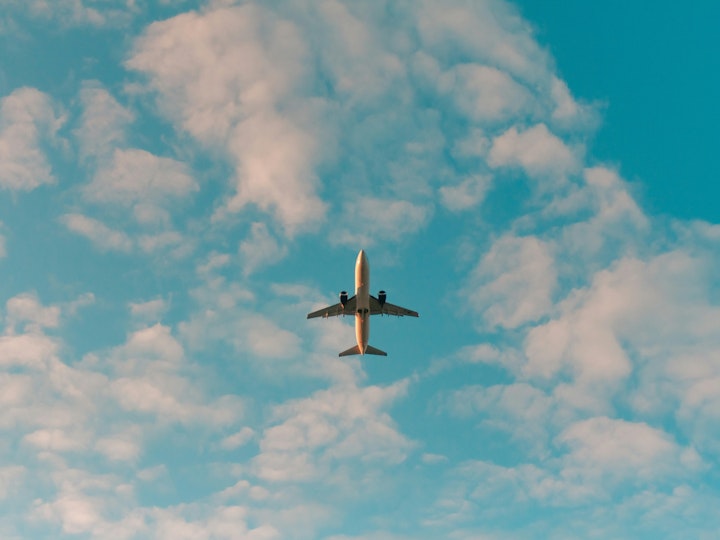The finance of flying – Spring Budget 2024
Professor Adrian Palmer has a look at who’s actually paying to fly Business Class at the front of the plane, examining the impact of the Chancellor’s budget will have on air travel.

Hidden in the Chancellor’s budget statement was a rise in Air Passenger Duty for travellers flying in Business Class, First Class or “Premium Economy”. For flights over 5,500 miles, the total tax will now add £224 to the ticket price, rising by about £24. What does this say about the state of the travel market and future trends?
First, the term “Business travel” is becoming increasingly ambiguous in definition and measurement. It can refer to supply-side and demand-side factors. On the supply side, it is relatively easy to record how many people are travelling in Business class, plus its upgraded First-class format and its relatively no-frills Premium Economy format – airlines routinely report this information. But the demand side is more difficult to understand, and the term business travel may be a misnomer for who is actually travelling in these cabins.
Are we flying less for work?
Evidence is mixed, but it seems that some business that was previously conducted face to face has transferred to online virtual meetings. Morgan Stanley has estimated that about 17% of corporate travel will be replaced with virtual meetings by the end of this year, suggesting that this is a permanent shift. This transfer has been hastened by larger companies cutting costs and pursuing ESG-led policies to cut down CO2 emissions caused by flying. The Budget rise in Air Passenger Duty will provide a stronger case for further cuts in flying.
Evidence seems to suggest that it is larger companies that are slowest to return their travel towards pre-pandemic levels. American Express Global Business Travel, a corporate travel management company, indicates that recovery in business travel has been led by small and medium sized businesses. Why should this be? Smaller businesses are generally under less pressure to report their ESG credentials. They are also likely to have more flexibility to recognise business travel as a perk to attract and retain key staff in a way that is more difficult to manage in a larger organisation.
The 'Bleisure' sector
Airlines have noticed the evolution of a growing “Bleisure” sector. People travelling on business have always used opportunities to add a leisure break at the beginning or end of a business trip, but this appears to have grown the last few years. So the nature of business travellers is changing.
Will the rise in Air Passenger Duty have an effect on demand for air travel? Business leaders have been quick to declare that the announcement will make the UK a less attractive place to do business, however the tax rise is just one of several factors that are leading larger business to cut their flying by staff. The effects on “Bleisure” travel are more nuanced – in labour markets of scarcity, business related travel may still be an essential perk. With the growing number of mass affluent, baby boomer leisure travellers travelling in the front of the cabin, the tax rise will probably have little impact. A passenger who willingly pays 50% more to upgrade to Premium Economy may not be deterred by an additional £24 for a long-haul flight.

